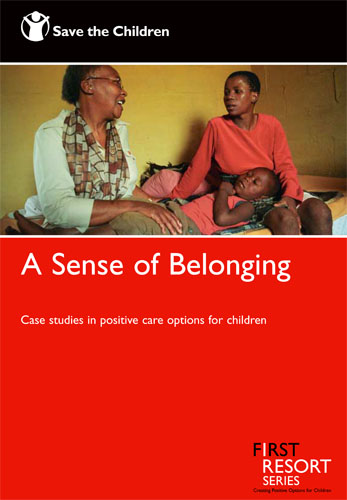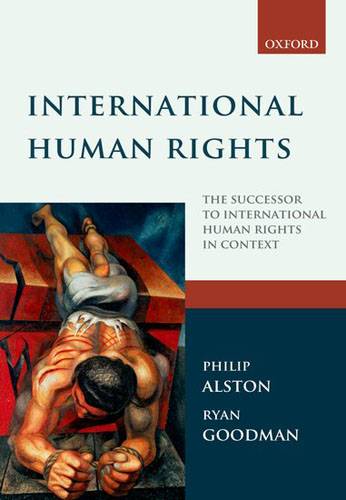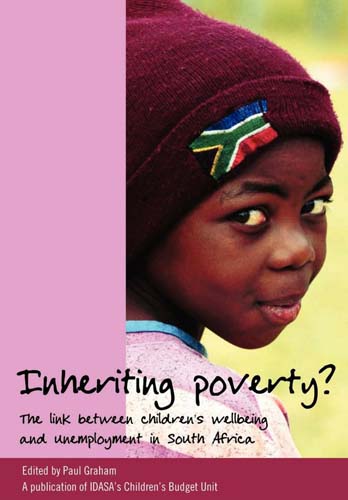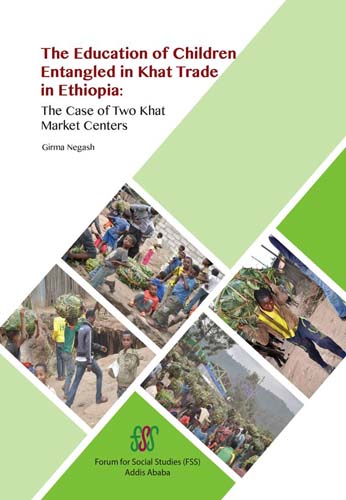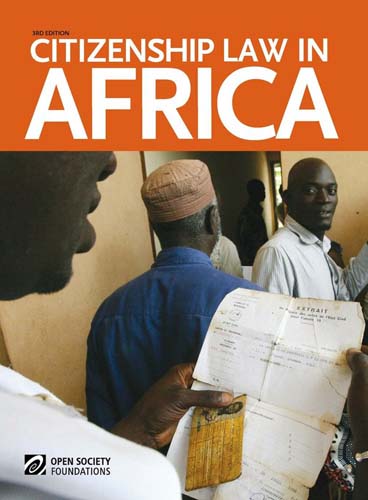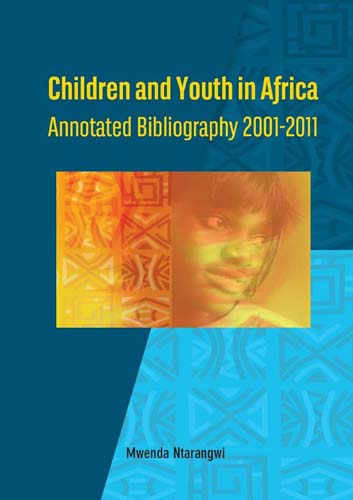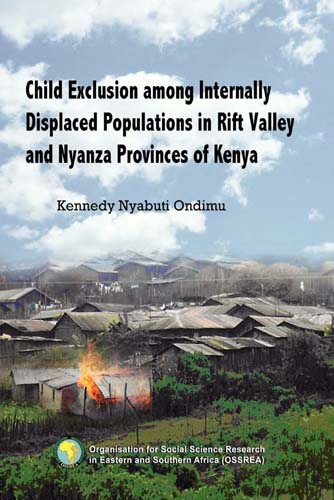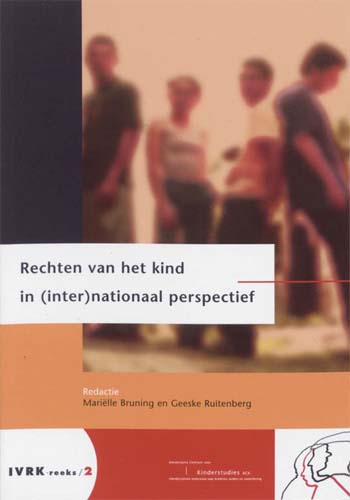
Rechten van het kind in (inter)nationaal perspectief
Het Internationaal Verdrag inzake de Rechten van het Kind (IVRK) bestaat ruim vijftien jaar en is dit jaar in Nederland tien jaar geldig; een goed moment om de balans op te maken. Zijn de rechten van het kind in verschillende (rechts)gebieden reeds voldoende gewaarborgd? Voldoet Nederland in voldoende mate aan de verplichtingen die voortvloeien uit het IVRK? Hoe belangrijk zijn de rechten uit het IVRK in de Nederlandse praktijk? Hoe staat het met de rechten van het kind wereldwijd?
Rechten van het kind in (inter)nationaal perspectief geeft vanuit multidisciplinaire invalshoek en vanuit verschillende themas een duidelijke visie ten aanzien van de invloed die het IVRK heeft en in de toekomst zal moeten hebben. Aan de hand van themas als best interests of the child, de nieuwe Wet op de Jeugdzorg, rechten van het kind bij scheiding, gezag en omgang en de aanpak van jeugddelinquentie wordt geschetst welke rol het IVRK kan spelen en hoe de huidige stand van zaken is ten aanzien van deze themas.
Het Amsterdams Centrum voor Kinderstudies (ACK) aan de Vrije Universiteit wil met deze bundel, deel 2 van de IVRK-reeks, bijdragen aan een verdere doorwerking van het IVRK in Nederland en een stimulans bieden tot een verdere verwezenlijking van de rechten van kinderen. De bundel beoogt een wisselwerking en samenspraak tussen wetenschap en praktijk te bevorderen ten aanzien van rechten van kinderen.
© SWP Uitgeverij


